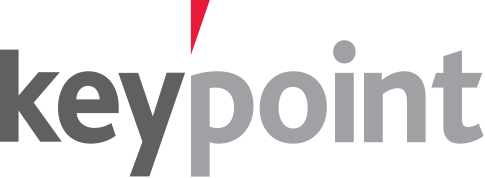The Central Bank of Bahrain (CBB), as Bahrain’s capital market regulator, requires capital market service providers (CMSPs) to identify and assess money-laundering and financing of terrorism (ML/FT) risks within their businesses and implement anti-money laundering and combatting financing of terrorism (AML/CFT) frameworks. In Bahrain, CMSPs include all companies listed on the Bahrain Bourse.
Understanding AML/CFT risks
All CMSPs are required to comply with CBB and Bahrain Bourse regulations, which include:
- Identifying and assessing ML/FT risks within the business
- Appointing a money laundering reporting officer (MLRO) and deputy MLRO
- Developing and documenting an AML/CFT manual
- Developing frameworks to monitor and test compliance
- Reporting suspicious transactions
Contents of an AML/CFT manual
Having identified and assessed ML/FT risks, CMSPs are required to design and implement AML/CFT frameworks proportional to the size and scale of their business, with an AML/CFT policy manual a critical framework component. Manuals typically include:
- An introduction to AML/CFT
- Scope of application
- Regulatory requirements – including Bahrain’s AML law, CBB regulations and Bahrain Bourse requirements
- Governance frameworks (including responsibilities of board and senior management)
- MLRO’s appointment, responsibilities and independence requirements
- Customer risk profiling and acceptance criteria
- Sanctions frameworks and screening processes
- Reporting requirements (internal and external)
- Inspections and investigations
- Training requirements
- Record keeping and information updates
- Regular review requirements
- Fines, penalties and internal disciplinary measures
How can Keypoint help?
Using their extensive financial crime, compliance, AML and risk management experience, our financial regulatory compliance (FRC) professionals develop practical, sector-specific approaches that help clients to comply with regulatory obligations while creating value by providing efficient and cost-effective solutions.



